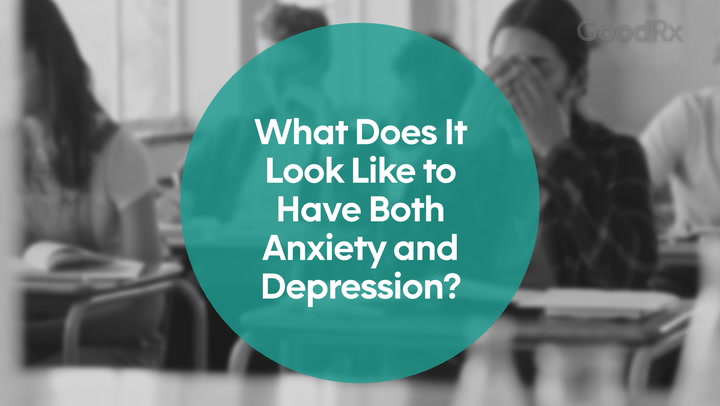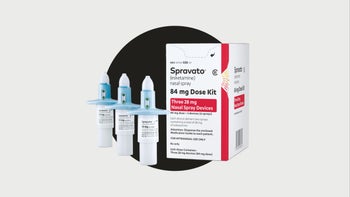
99 Self-Care Activities You Can Try Right Now
Key takeaways:
Self-care involves doing activities that benefit your physical and emotional health.
These activities can involve physical movement, relaxation, taking time for fun, or attending to your hygiene.
Self-care can help you better cope with a range of physical health conditions and also aid you in coping with stress, anxiety, depression, and other mental health issues.
Self-care is a term that describes doing activities that support your physical and mental health. These activities can help decrease your stress and enhance your energy and overall well-being. Some self-care activities are passive, like taking a bath, while others are more active, like exercising.
While we all naturally gravitate toward certain self-care practices, it’s important to know about a variety of activities that can benefit your health. You can think of it like having a toolbox filled with a lot of different types of tools. Depending on your mood or the occasion, you might need or prefer to use one tool over the others.
Self-care activities for all ages and interests
If you’re looking to add new tools to your self-care toolbox, take a look at this list of 99 activities you can try to help boost your well-being:
Journal about your feelings.
Meditate for 10 minutes.
Move your body in some way, such as by running, walking, or lifting weights.
Take a mental health day.
Buy yourself a gift.
Read a book.
Practice deep breathing.
Practice gratitude by listing five things you are grateful for.
Take a drive.
Cook a healthy meal.
Dance to your favorite song.
Get a massage.
Do a self-massage.
Listen to music.
Take a yoga class or stretch on your own.
Call a loved one on the phone.
Go on a day trip.
Give yourself a manicure.
Take a shower or bath.
Change your environment or scenery.
Donate time or money to a cause that you care about.
Repeat an affirmation, like “you are enough,” out loud.
Schedule an affirmation to play each day on your phone.
Reflect on an important moment in your life.
Go to a park and enjoy people-watching.
Curl up with a blanket.
Make a bucket list and cross off one of the items.
Plan a family game night.
Get a good night’s rest.
Make a scrapbook.
Attend a class to learn something new.
Practice acceptance of yourself and others.
Listen to an inspirational podcast.
Plan an especially nutritious meal.
Make a collage of positive quotes and photos.
Have an outdoor picnic.
Watch the stars at night.
Sculpt something on your own or in a class.
Be mindful of your caffeine consumption.
Do a face mask.
Paint a picture.
Try something new that you have always wanted to do.
Hug someone you care about.
Go bird-watching.
Blow bubbles to mindfully slow down your breathing.
Take photos of nature.
Schedule a healthcare appointment that you have been putting off.
Join a support group.
Have an at-home spa day.
Watch a movie.
Light a candle.
Go for an outdoor hike.
Do a puzzle.
Join a club or sports team.
Plant a garden.
Read or watch something funny.
Browse your local library or bookstore.
Play an instrument.
Pray.
Make a smoothie.
Listen to a guided imagery exercise.
Write down five of your personal strengths.
Tell another person five things that you admire about them.
Do a crossword puzzle.
Write a poem.
Organize a drawer or room in your home.
Ride a bicycle.
Create a playlist of your favorite songs.
Face one of your fears.
Visit an animal shelter.
Color in a coloring book or on your own.
Make yourself a cup of coffee or tea.
Set a boundary or say “no” to something that doesn’t serve you.
Take yourself on a date.
Make a dish from scratch.
Write a letter to a friend or family member.
Diffuse essential oils.
Listen to an audiobook.
Fly a kite.
Do a sudoku puzzle.
Take a trip to a local museum.
Smile while looking in the mirror.
Notice five sensations using each of your five senses.
Watch a sunrise or sunset.
Watch cute animal videos.
Make a flower arrangement.
Explore a landmark in your neighborhood that you’ve never visited.
Do something that you loved as a child.
Learn a new joke.
Make a vision board.
Eat a sweet treat mindfully.
Contact a support line.
Schedule a therapy session.
Search and compare options
Why is self-care important?
Self-care has been shown to support people experiencing the following conditions:
Anxiety
Arthritis
Asthma
Cancer
Chronic pain
Diabetes
Additionally, practicing self-care can help reduce the likelihood of experiencing burnout, a state of emotional exhaustion. It also promotes resilience, which helps people adapt and cope with stress, trauma, and other challenges.
It is also important to consider practicing community self-care (sometimes, called community care). Community care means you participate in activities that lift up others around you. Being able to give to help others requires you to take good care of yourself, too.
How can you practice self-care regularly (even if you’re busy)?
Not having enough time is a common reason people neglect self-care. Finding time for self-care activities can be incredibly challenging with all the responsibilities that already demand your time and attention. With some adjustments, however, you should be able to find ways to incorporate these practices into your life.
To get started, you may want to evaluate how you spend your time. Ask yourself, “What do I do on an average day?” and then write down the answer. Then, think about ways to either free up time for self-care or combine self-care practices with your regular activities. For example, your daily commute could be an opportunity to listen to a podcast or check in with a friend.
Read more like this
Explore these related articles, suggested for readers like you.
The way you think about an activity also has a significant role in how it impacts you. For example, if you think of driving your children to soccer practice as a time-consuming chore, you’ll likely feel stressed when you do it. But if you view it as an opportunity to take a drive, listen to music, or bond with your children, you may start enjoying it. Try shifting your perception of daily activities and looking for opportunities to turn them into moments of self-care.
The bottom line
There are many different ways to practice self-care. Having a toolbox of self-care strategies that you can draw from can help you prevent and cope with emotional distress. And practicing self-care is associated with better outcomes for people dealing with a range of health conditions.
Even if you’re crunched for time, finding small ways to incorporate self-care or reframing how you think about your existing demands can be beneficial for your health and well-being.
Why trust our experts?



References
Carleton College. (2021). Bubble meditation.
Center for Integrated Healthcare. (2013). Visualization/guided imagery.
Lucock, M., et al. (2011). Self-care in mental health services: A narrative review. Health and Social Care in the Community.
National Institute of Mental Health. (2022). Caring for your mental health.
Rindfleisch, J. A. (2017). Burnout and resilience: Frequently asked questions. U.S. Department of Veterans Affairs.
Warmline.org. (2023). Warmline directory.
For additional resources or to connect with mental health services in your area, call SAMHSA’s National Helpline at 1-800-662-4357. For immediate assistance, call the National Suicide Prevention Lifeline at 988, or text HOME to 741-741 to reach the Crisis Text Line.



























